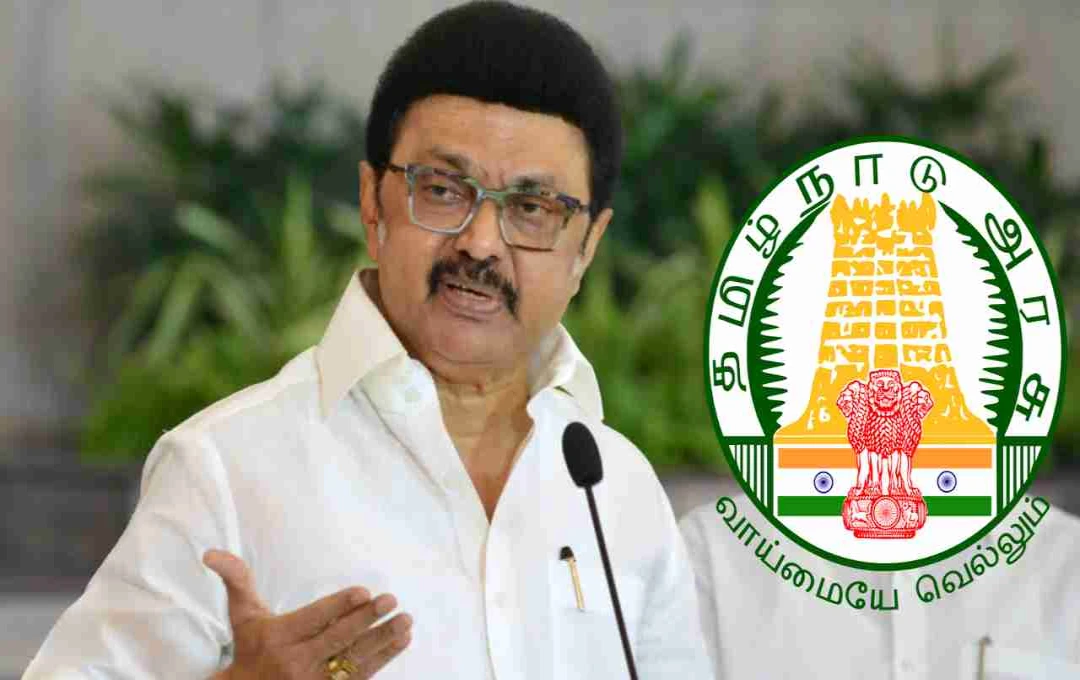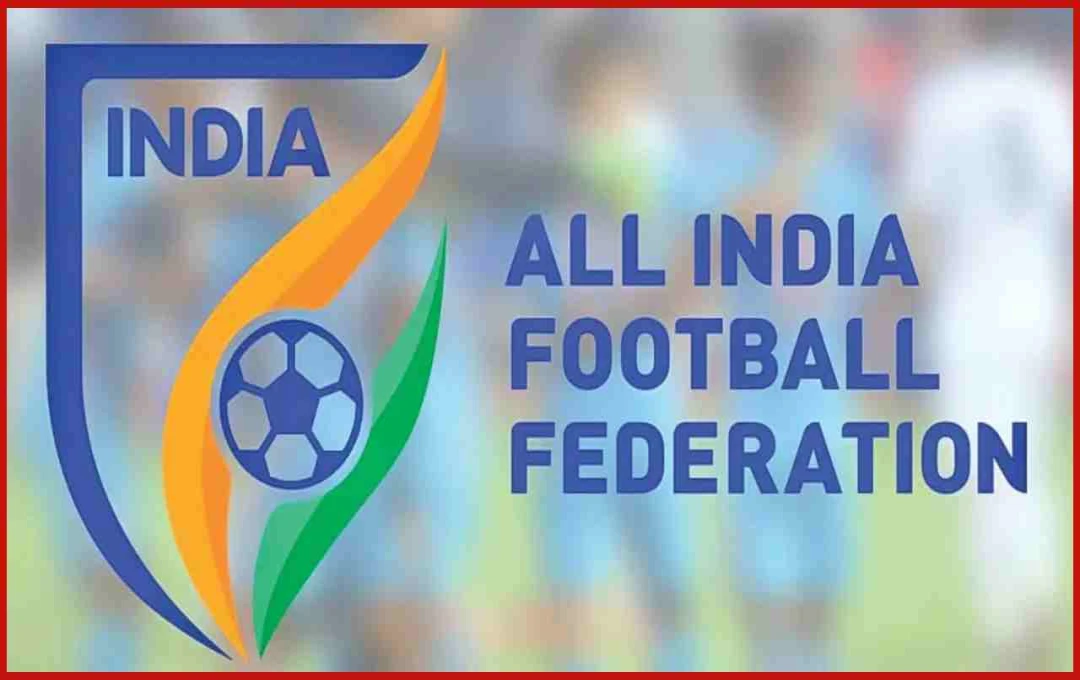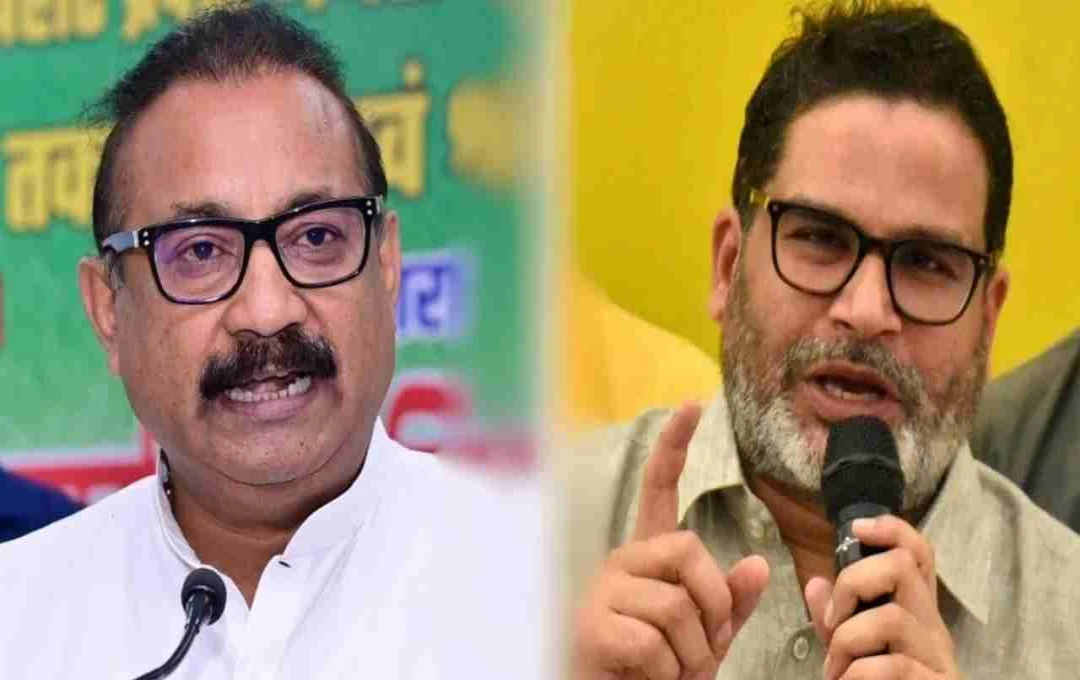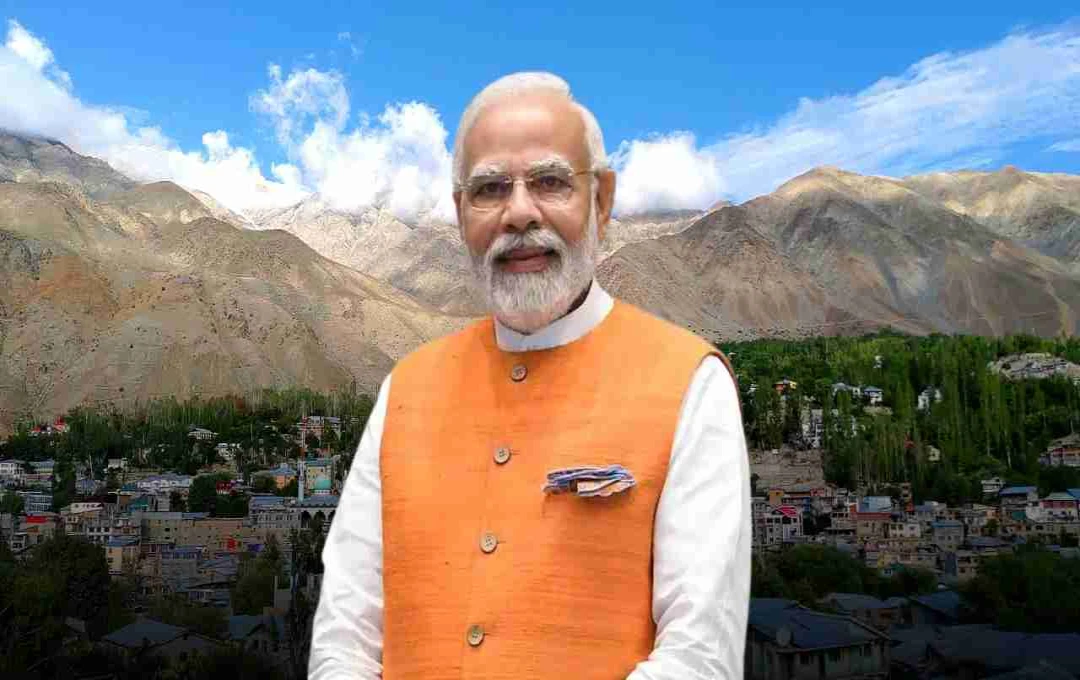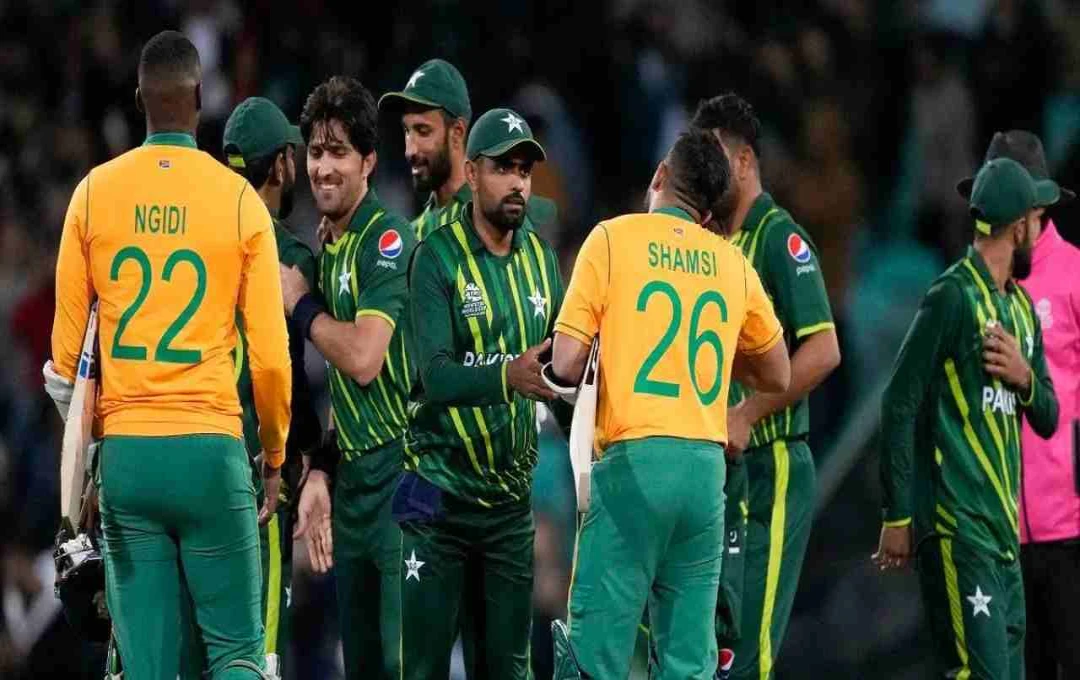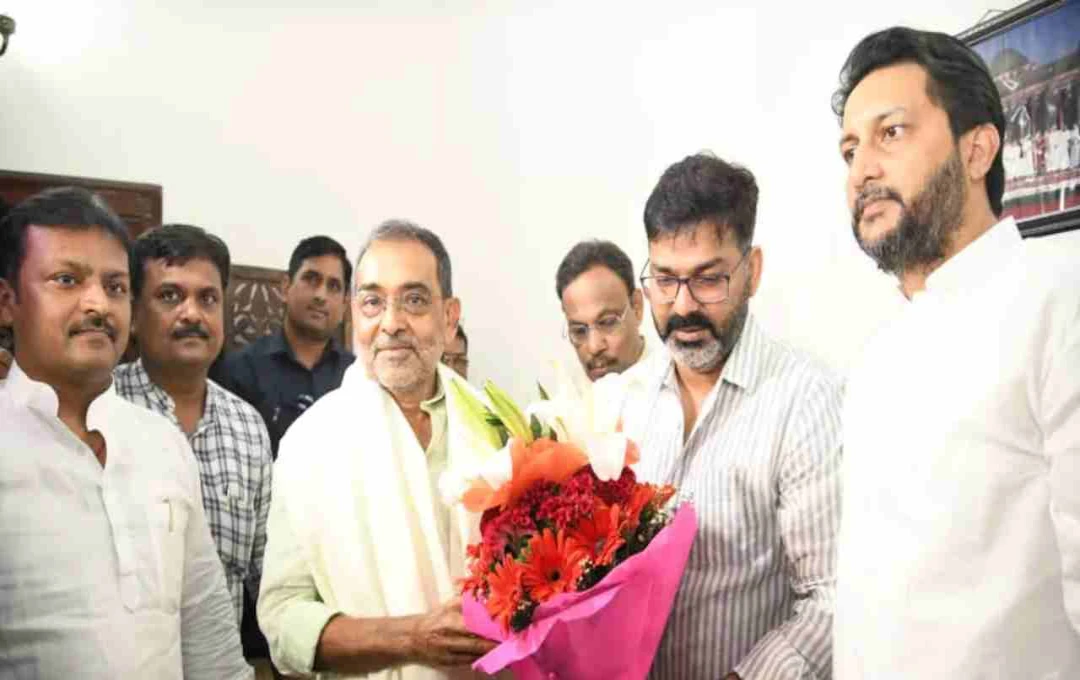The Tamil Nadu government has released a new State Education Policy, rejecting the central NEP. This policy adopts a two-language system and opposes central entrance exams.
Tamil Nadu State Education Policy: The Tamil Nadu government has formally unveiled its State Education Policy (SEP) as an alternative to the central National Education Policy (NEP). Chief Minister MK Stalin released the policy on Friday. This step has been taken with the aim of keeping the state's education system independent from central control.
Policy Formation Process and the Role of the Committee
To draft this policy, a 14-member committee was constituted in 2022 under the chairmanship of retired High Court Justice Murugesan. The committee submitted its recommendations to the Chief Minister in July 2023. Based on these recommendations, this policy has now been made public.
Opposition to NEP and Features of SEP
The Tamil Nadu government has long opposed the NEP, especially regarding its three-language formula, centralized entrance exams (such as NEET), and plans for board exams in early grades. The state government has repeatedly expressed its disagreement on these issues.
The state's new policy is based on the following key points:
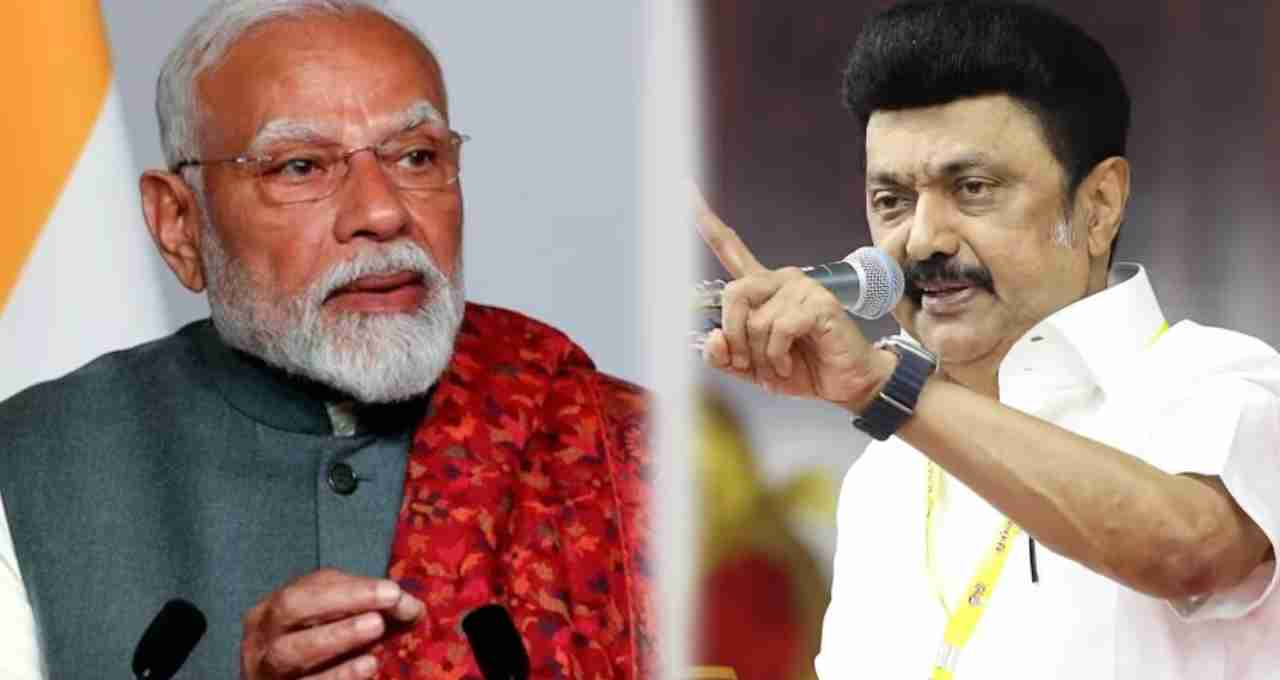
- Maintaining the Two-Language Policy: Tamil Nadu's traditional two-language system (Tamil and English) has been retained. This directly rejects the NEP's three-language formula, which the state considers an attempt to 'impose Hindi.'
- Entrance Exam Alternative: Under the state's SEP, there will be no common entrance exam for admission to arts and science graduate courses. Instead, the admission system will be based on the consolidated marks of classes 11 and 12.
- Opposition to Early Board Exams: The SEP opposes the proposal for public examinations in classes 3, 5, and 8. The government believes that this will increase the mental pressure on students and may increase the school dropout rate.
Investment in Education and Emphasis on Technology
The policy emphasizes adequate investment in government schools and colleges. Special plans will be prepared to promote science, Artificial Intelligence (AI), and English education.
Focus on Constitutional Issues
The committee has suggested that education should be re-included in the state list, so that states have full authority to formulate education policies. Currently, it comes under the concurrent list, which gives both the center and the states the right to make policies. The Tamil Nadu government considers this an interference in the jurisdiction of the states.
Financial Conflict with the Central Government
The Tamil Nadu government alleges that the center has withheld funding of ₹2,152 crore under the Samagra Shiksha Abhiyan because it has not implemented the NEP. Union Education Minister Dharmendra Pradhan has reportedly said that the funds will be released only if the state accepts NEET.
Tamil Nadu Government's Unequivocal Response
During the launch of the SEP, State Minister Udayanidhi Stalin said, "Even if the center offers us ₹1,000 crore, we will not implement the NEP. Tamil Nadu does not accept any kind of imposition policy."
